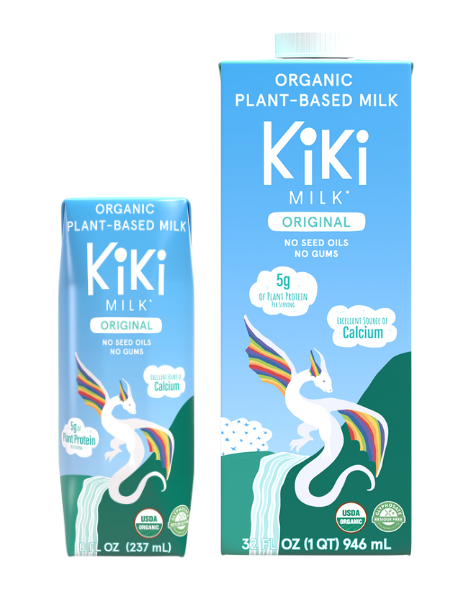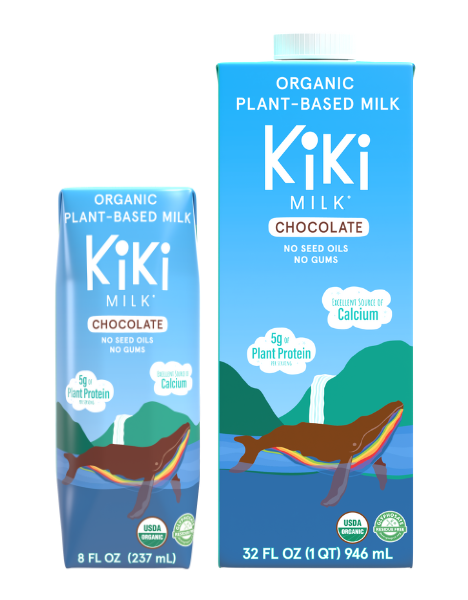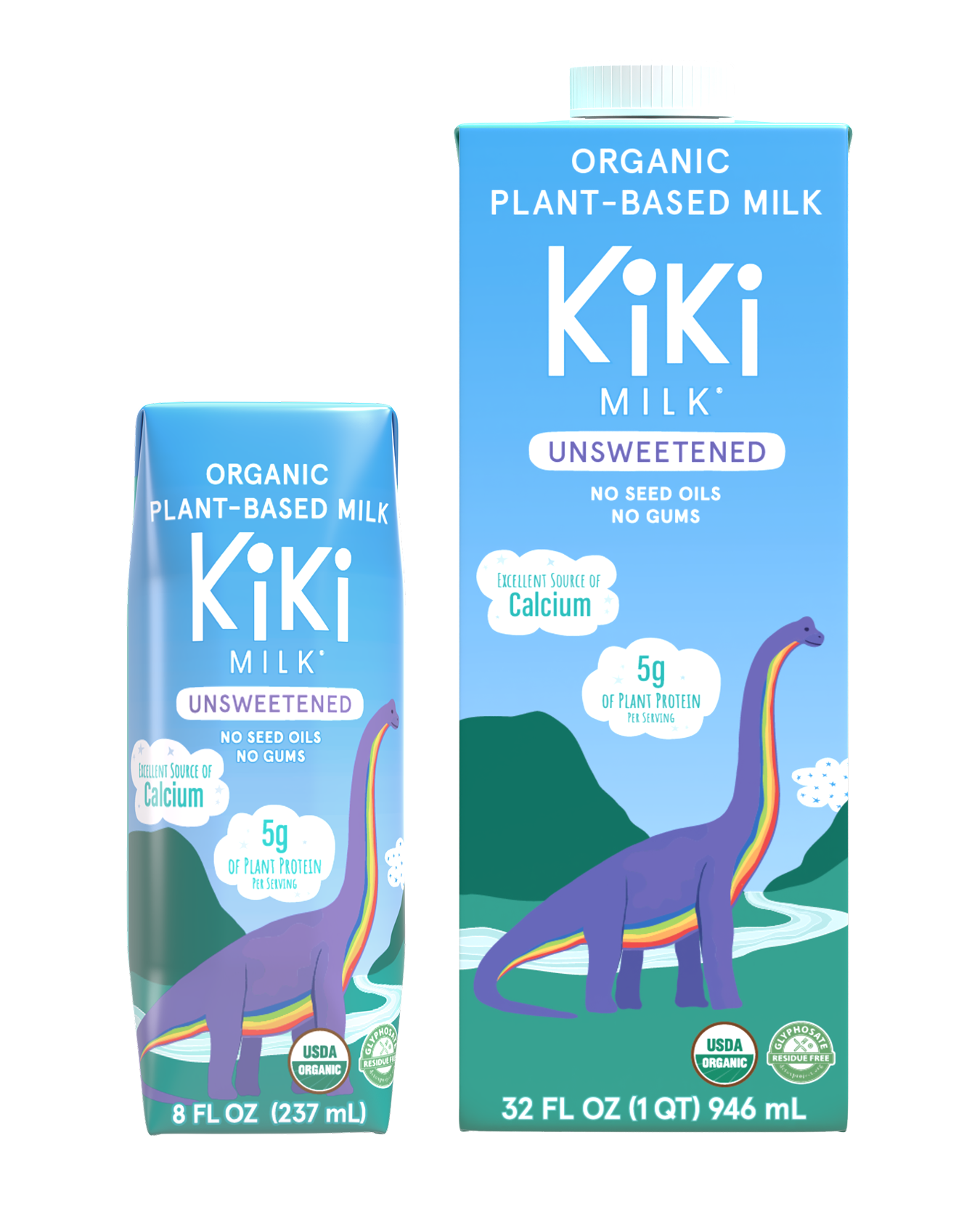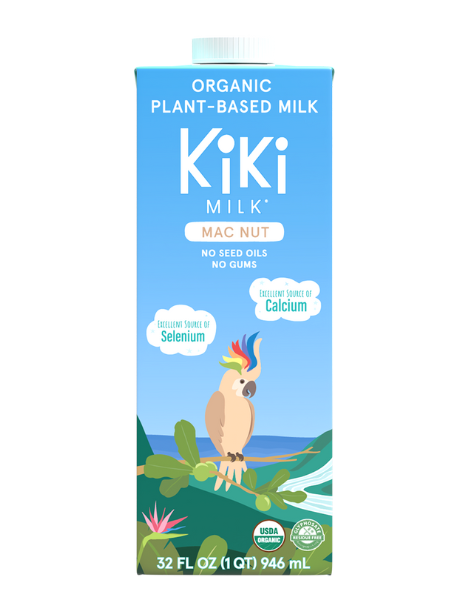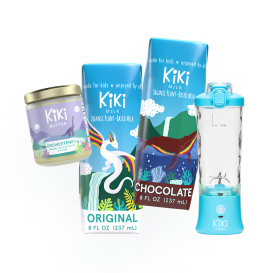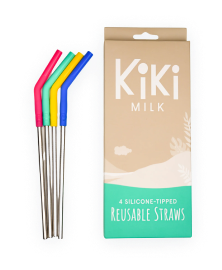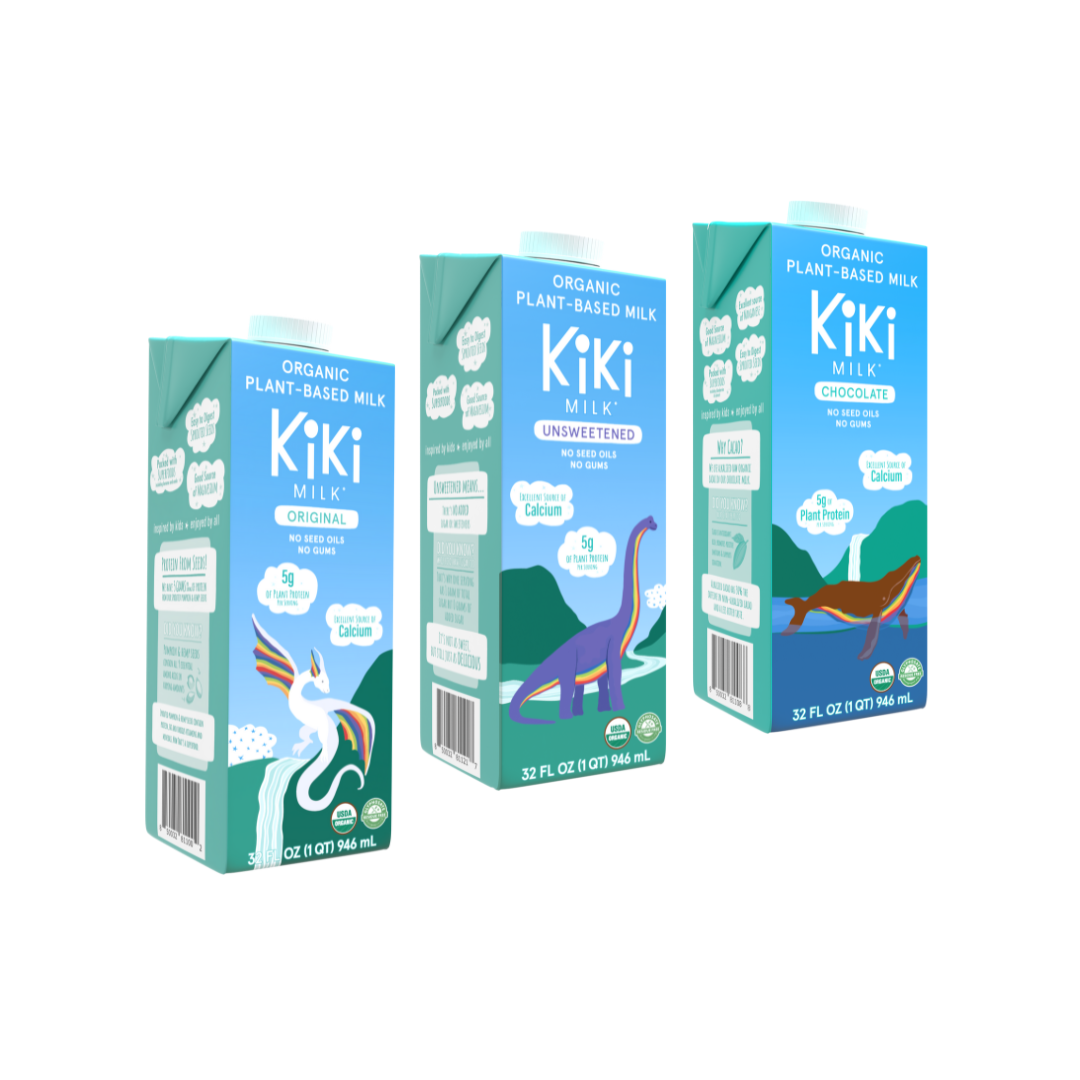What are artificial preservatives?
Artificial preservatives are chemicals added to foods, cosmetics, medicines, and other products to extend their shelf life and ultimately reduce production costs. They prevent spoilage caused by mold, yeast, bacteria, and oxidation, allowing perishable food and beverages to stay fresh and safe for longer.
Why do we avoid artificial preservatives?
〰️ Digestive Issues
Preservatives like sodium benzoate can cause stomach irritation in sensitive individuals.
〰️ Long Term Health Effects
Concerns exist about the unknown long-term impact of regular consumption of artificial preservatives. For example, artificial preservatives like benzoates are linked to increased risks of cardiovascular disease, metabolic syndrome, and potential cancer.
〰️ Link to Hypersensitivity and Allergies
Preservatives like benzoates and parabens have been linked with hypersensitivity reactions and allergies.
Sources: PMID: 38423749, ISSN: 0975-8232
*Not all preservatives are equal. Variations in quality, purity, and nutritional content exist between brands and types.
What are some common artificial preservatives?

How can you avoid artificial preservatives?
The best way to avoid artificial preservatives is to inspect ingredient lists 🕵️ 🔎 and focus on consuming fresh, whole food sources whenever possible 🥑🍉🍒 .

How is Kiki Milk shelf stable without preservatives?
"Shelf stable" means unopened Kiki Milk stays safe and flavorful without refrigeration or artificial preservatives.
We utilize a combination of ultra-high temperature pasteurization (“UHT pasteurization”), bottling sterilization, and aseptic Tetra Pak packaging to ensure Kiki Milk stays safe and flavorful for 24 months from the date of production.
